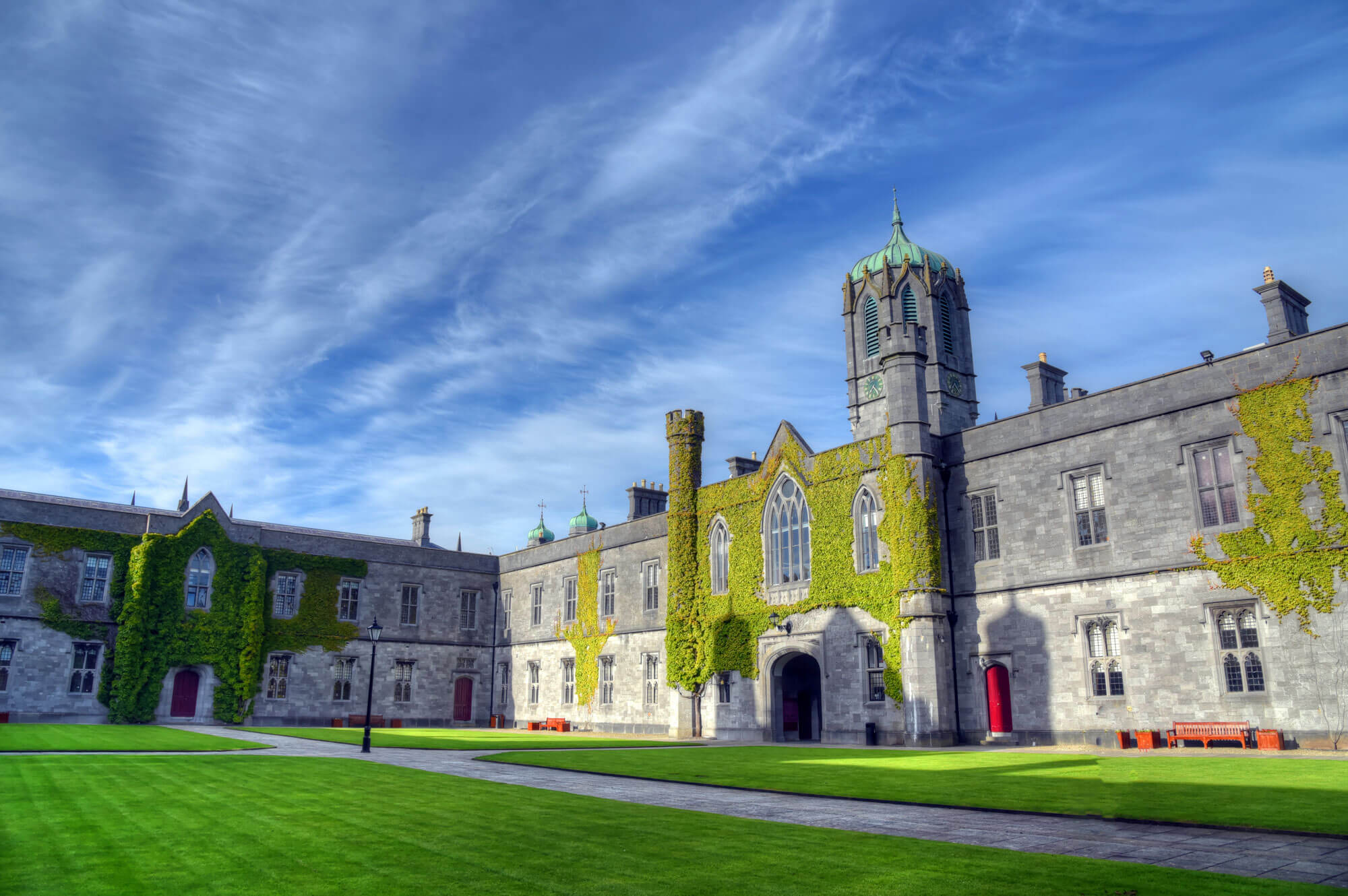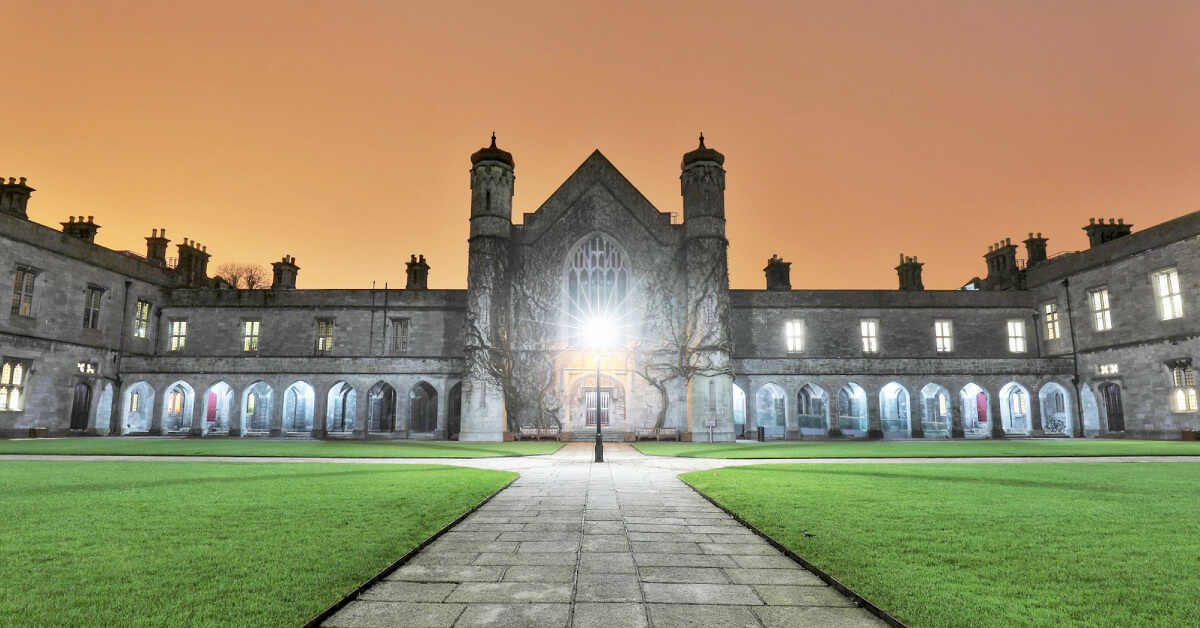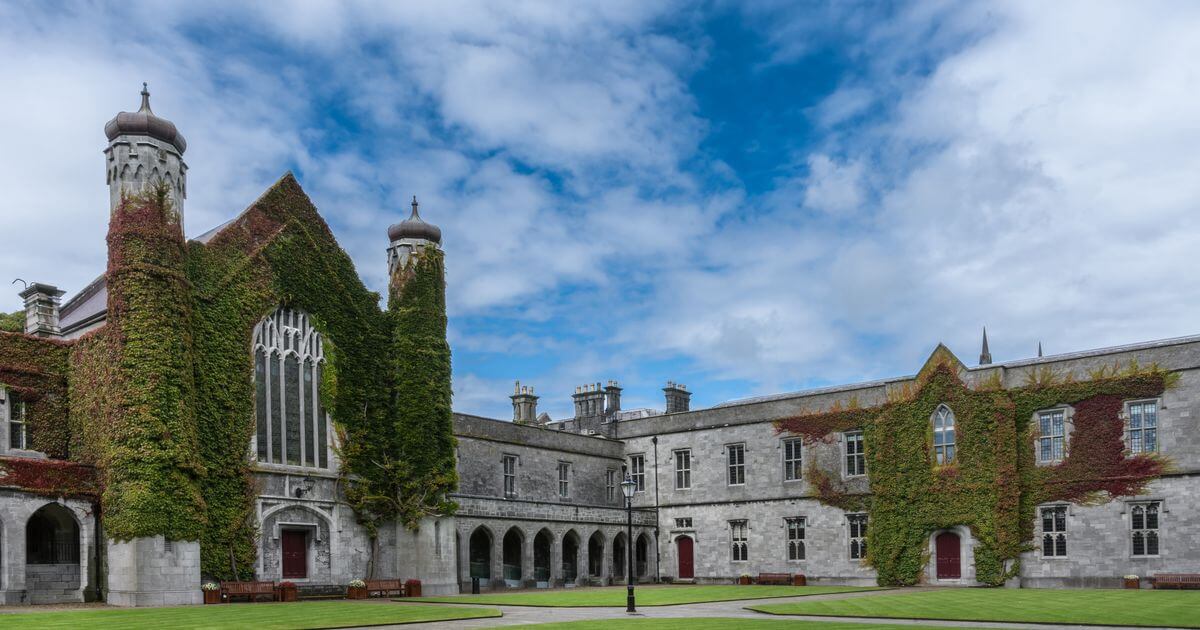📚About the Program
Civil Engineering is concerned with the planning, design, construction and maintenance of the built environment. It encompasses minor and major structures, ranging from drainage systems, houses, commercial buildings, roads and bridges to multi-story buildings and water and wastewater treatment facilities. The work of civil engineers is most visible in the structures in which we live and work. Their contribution is also seen in transportation systems that we use on a daily basis such as subways, motorways, railways, airports and harbours. They are also involved in the design, construction and operation of complex water supply and sanitation systems for our ever-growing cities. In such projects and more generally, they perform a critical public and environmental health function as well.
The Civil Engineering degree programme sets out to develop the scientific, technical, organisational, IT and communication skills needed for a satisfying and rewarding career as a Civil Engineer.
Civil Engineers work in rapidly changing and challenging areas using traditional and new materials and techniques, and increasingly incorporating IT solutions at design and construction stage. You could be involved in schemes from design to management stage through to completion in what are often highly complex projects. Therefore, the profession combines creative skills with an aptitude for mathematics and technical subjects. At the most challenging end of the profession, where the management of large projects is involved, a high degree of administration skills are also required.
If you think you might enjoy developing and constructing bridges, tunnels, roads, railways, major building or other infrastructural projects, you should consider Civil Engineering. The skills you will learn will give you opportunities for work worldwide wherever development is taking place; not least in the fast-growing economies of the BRIC countries (Brazil, Russia, India and China).
Show less













